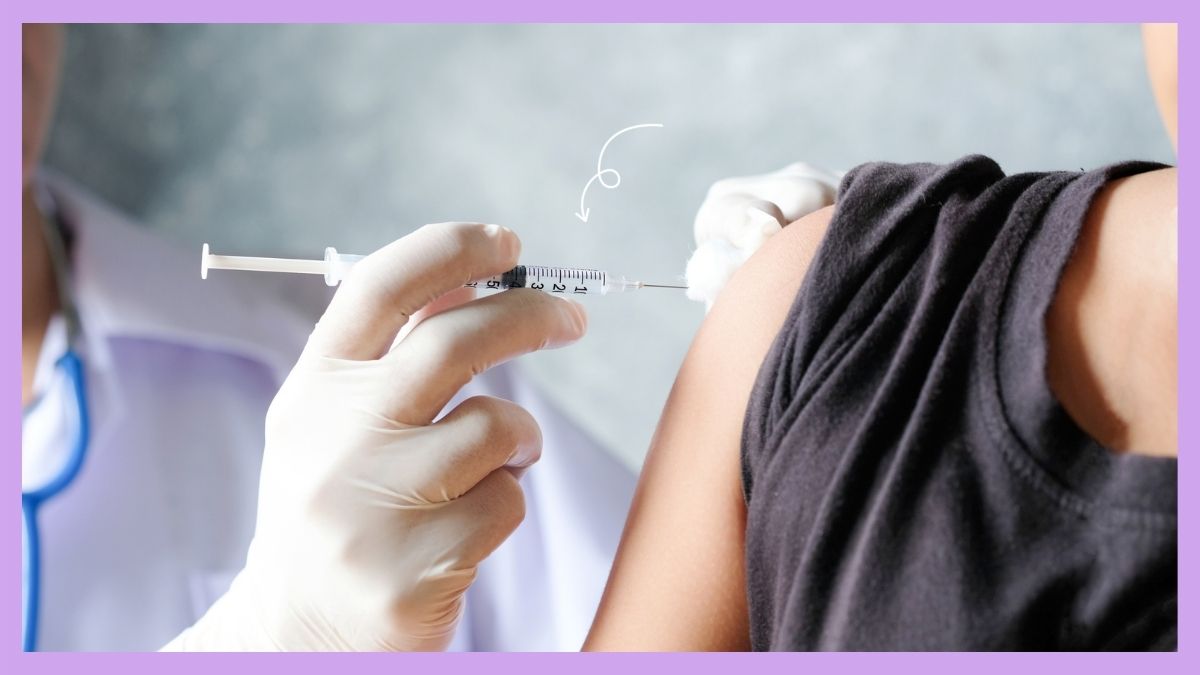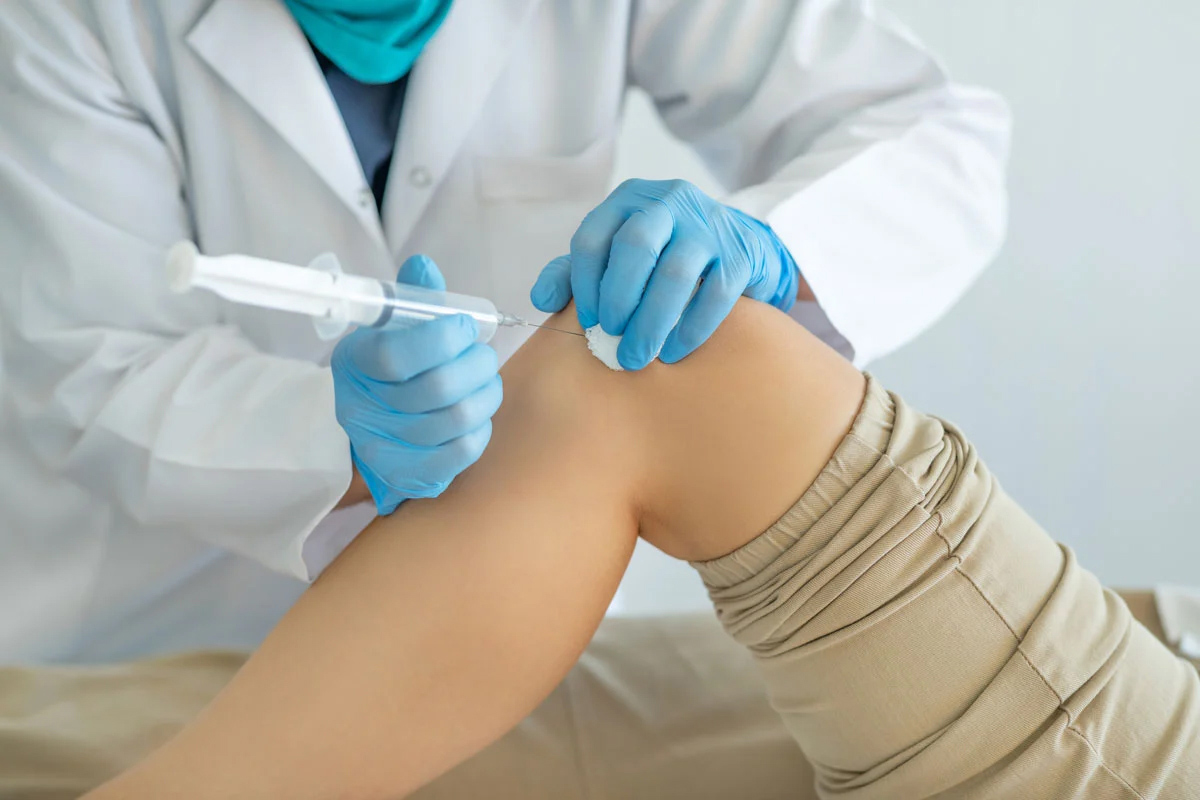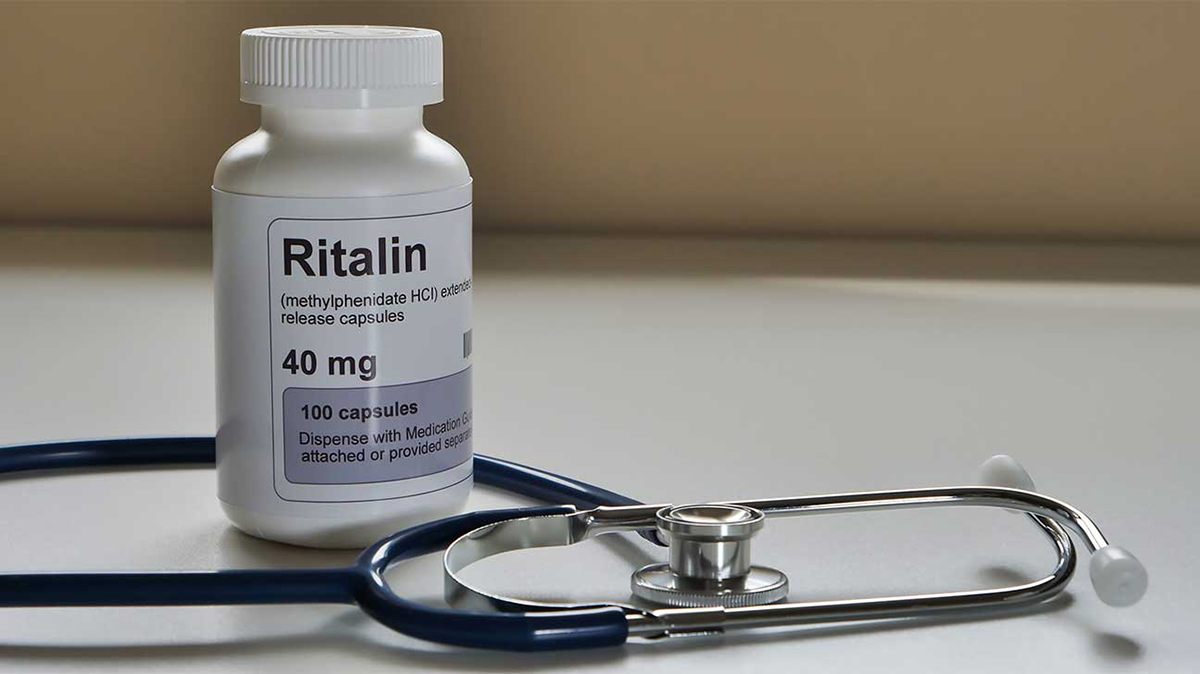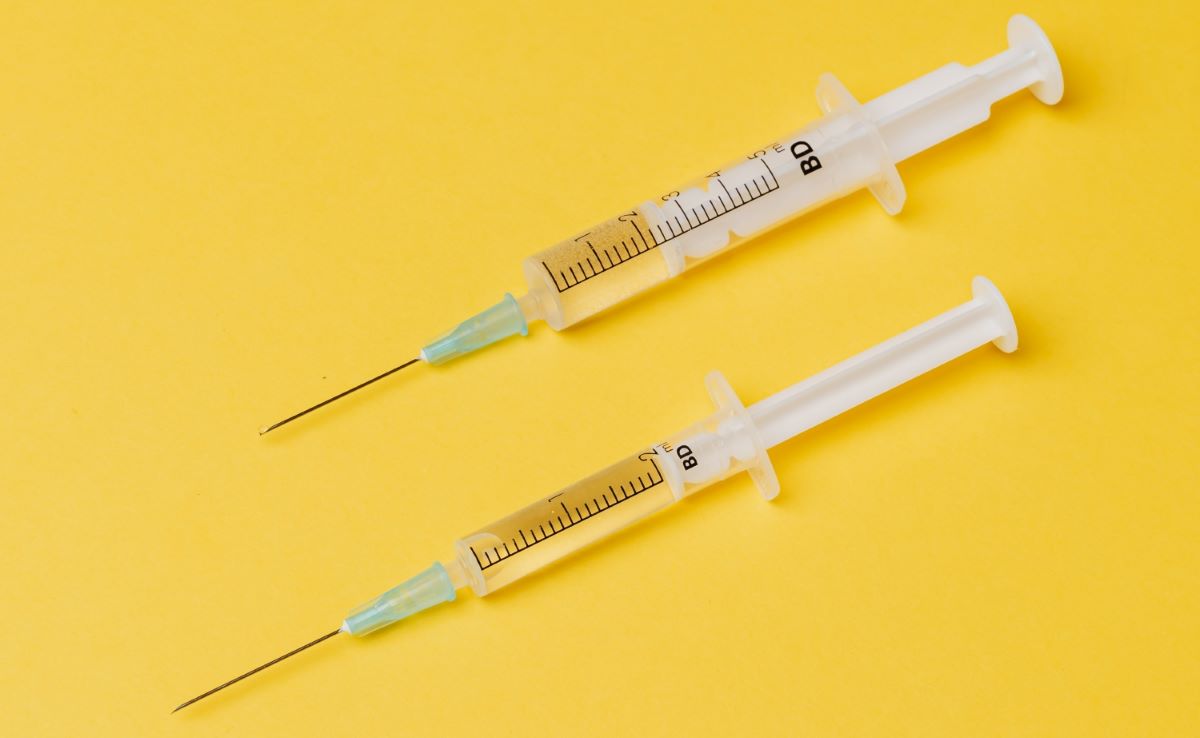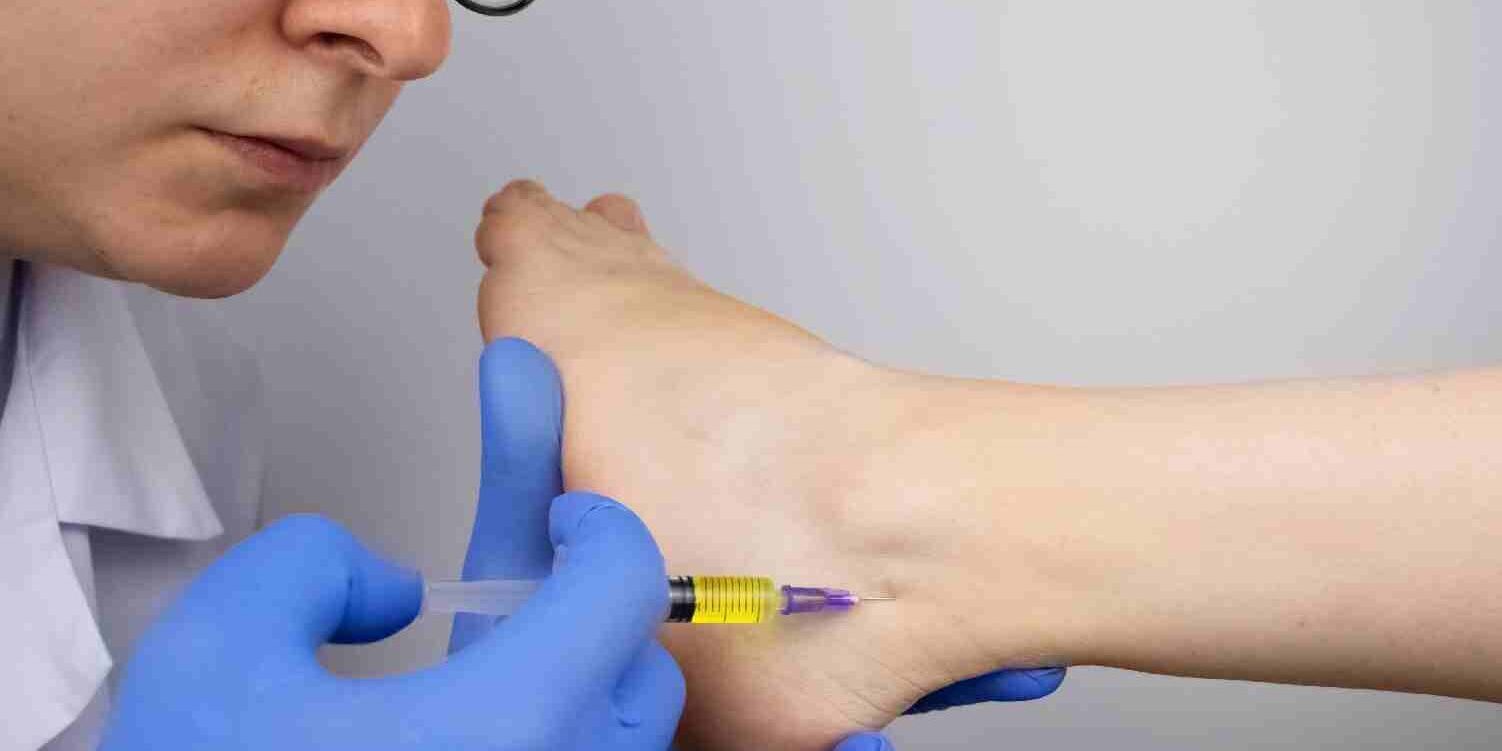Home>Finance>How Much Is A Cortisone Shot Without Insurance?
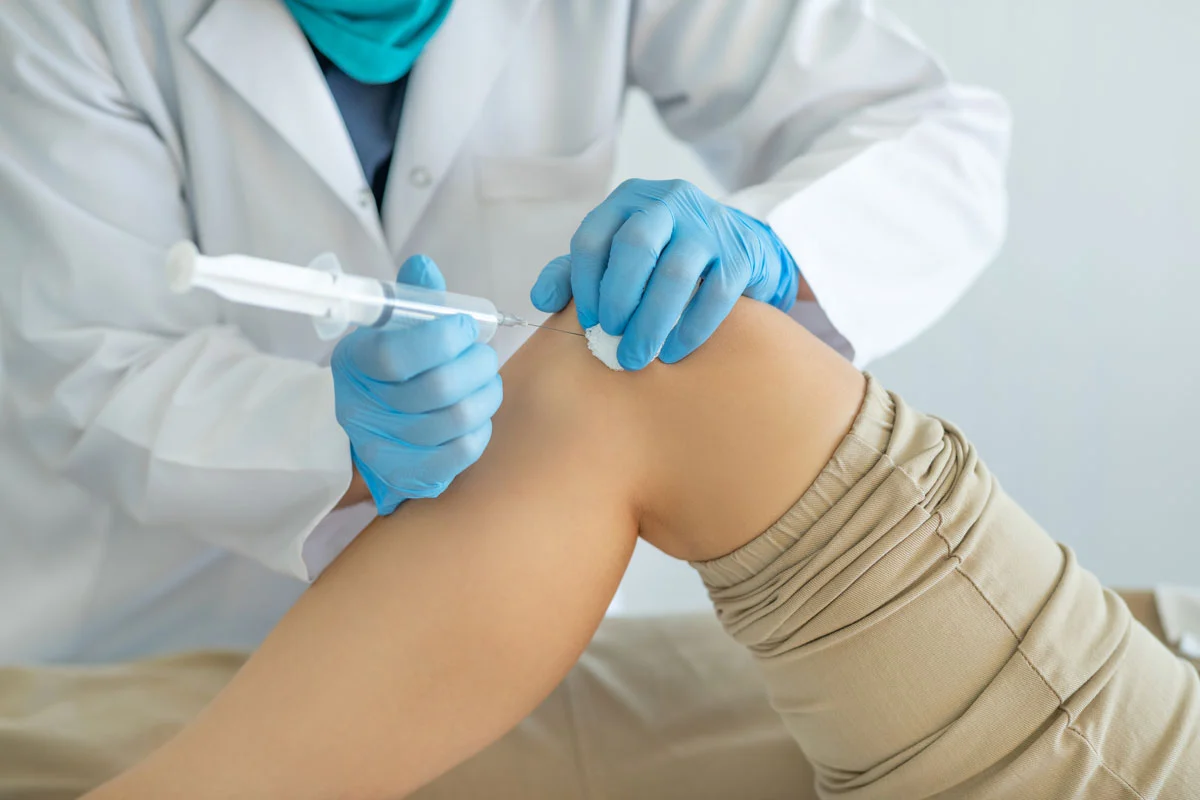

Finance
How Much Is A Cortisone Shot Without Insurance?
Published: November 12, 2023
Find out the cost of a cortisone shot without insurance and manage your finances effectively. Explore options for affordable medical expenses with this helpful guide.
(Many of the links in this article redirect to a specific reviewed product. Your purchase of these products through affiliate links helps to generate commission for LiveWell, at no extra cost. Learn more)
Table of Contents
Introduction
When dealing with certain medical conditions, such as joint pain, inflammation, or allergies, doctors may recommend cortisone shots as a treatment option. These shots, also known as corticosteroid injections, contain a synthetic version of cortisol, a hormone naturally produced by the adrenal glands. The goal of these injections is to reduce inflammation and provide relief from pain.
However, one common concern for many individuals seeking cortisone shots is the cost, especially for those who do not have health insurance coverage. Without insurance, medical expenses can quickly add up, leaving individuals wondering how much they will need to budget for a cortisone shot.
In this article, we will explore the cost of cortisone shots without insurance and uncover key factors that can influence the overall price. Additionally, we will explore alternative options for those looking to minimize costs while still receiving effective treatment.
Keep in mind that the information provided in this article is for educational purposes only and should not be considered as medical advice. Always consult with a healthcare professional for accurate and personalized information regarding your specific medical needs.
What is a Cortisone Shot?
A cortisone shot, also known as a corticosteroid injection, is a commonly used treatment for various inflammatory conditions. It involves injecting a synthetic form of cortisol, a hormone naturally produced by the body, into the affected area. Cortisol plays a crucial role in regulating inflammation and immune responses in the body.
These injections are typically administered by a healthcare professional, such as a doctor or an orthopedic specialist, and are commonly used to treat conditions such as arthritis, bursitis, tendonitis, and allergies. Cortisone shots can provide temporary relief from pain and inflammation, allowing individuals to manage their symptoms and improve their quality of life.
During the procedure, the physician may use imaging techniques, such as ultrasound or fluoroscopy, to ensure accurate needle placement. The corticosteroid medication is injected into the specific area of inflammation or pain, targeting the affected tissues directly.
It’s important to note that while cortisone shots can provide relief from symptoms, they are not a permanent solution or a cure. The duration of pain relief can vary from individual to individual, with some experiencing immediate relief and others finding that the effects last for several months.
It’s important to discuss the potential risks and benefits of cortisone shots with your healthcare provider before proceeding with the procedure. They will be able to assess your specific condition, consider any contraindications, and determine if a cortisone shot is the right treatment option for you.
Reasons for Receiving a Cortisone Shot
Cortisone shots are commonly recommended by healthcare professionals for a variety of reasons. These injections can provide relief for individuals experiencing pain and inflammation associated with certain medical conditions. Here are some common reasons why a person may receive a cortisone shot:
- Arthritis: Cortisone shots are frequently used to manage the symptoms of arthritis, including osteoarthritis and rheumatoid arthritis. The injections can help reduce inflammation in the affected joints, which in turn can alleviate pain and improve mobility.
- Tendonitis: Tendonitis refers to the inflammation of tendons, which are the tissues that connect muscles to bones. Cortisone shots can be used to alleviate pain and reduce swelling in the affected area, promoting healing and restoring normal tendon function.
- Bursitis: Bursitis occurs when the fluid-filled sacs called bursae, which cushion the joints, become inflamed. Cortisone injections can help reduce inflammation in the bursae, relieving pain and restoring normal joint function.
- Allergies: Cortisone shots can be prescribed for individuals suffering from severe allergies that do not respond well to other forms of treatment. The injections help suppress the immune response and reduce the symptoms of allergic reactions.
- Localized Inflammation: Cortisone shots may be used to target specific areas of inflammation, such as inflamed nerve roots or inflamed tissue surrounding a joint. By reducing inflammation, the injections can provide relief from pain and promote healing in the affected area.
It’s important to note that cortisone shots are not intended to be a first-line treatment for these conditions. They are typically used when other conservative treatments, such as physical therapy or medication, have failed to provide sufficient relief. Your healthcare provider will evaluate your condition and determine if a cortisone shot is an appropriate treatment option for you.
Cost of Cortisone Shot without Insurance
The cost of a cortisone shot without insurance can vary depending on various factors, including the location, healthcare provider, and the specific condition being treated. It’s important to note that the cost can also vary depending on the number of injections required and any additional tests or procedures that may be performed during the appointment.
On average, the cost of a cortisone shot without insurance can range from $100 to $300 per injection. However, this price range can be higher in certain regions or for specialized healthcare providers. It’s essential to inquire about the cost with your healthcare provider or the medical facility beforehand to get a more accurate estimate.
It’s important to remember that this cost only covers the injection itself and does not include any additional associated costs, such as consultation fees or follow-up appointments. These additional expenses can further increase the overall cost of the treatment.
If you are concerned about the cost of a cortisone shot without insurance, it is recommended to discuss your financial situation with your healthcare provider. They may be able to suggest alternative treatment options or provide information on any available financial assistance programs or payment plans.
It’s worth noting that receiving a cortisone shot without insurance does not mean compromising on the quality of care. Many healthcare providers are understanding of financial constraints and can work with you to find a suitable solution. Open and honest communication about your financial situation can help ensure that you receive the necessary treatment without facing excessive financial burden.
Factors Affecting the Cost
The cost of a cortisone shot can vary due to several factors that influence the overall price. Understanding these factors can help you better anticipate and manage the potential cost. Here are some key factors that can affect the cost of a cortisone shot:
- Geographical Location: The cost of healthcare services can vary significantly depending on the location. In areas with a higher cost of living or limited healthcare providers, the cost of a cortisone shot may be higher.
- Healthcare Provider: Different healthcare providers may charge different fees for their services. Specialist doctors or orthopedic clinics may have higher charges compared to general practitioners.
- Facility Type: The type of medical facility where the cortisone shot is administered can impact the cost. Treatment received at a hospital or a specialized clinic may be more expensive than the cost at a general outpatient facility.
- Diagnostic Tests or Imaging: In some cases, diagnostic tests or imaging, such as X-rays or ultrasounds, may be required before administering the cortisone shot to ensure accurate needle placement. The cost of these additional procedures can add to the overall cost.
- Number of Injections: Some individuals may require multiple injections to effectively manage their condition. The cost can increase if multiple injections are needed, as each injection will typically be charged separately.
- Additional Services: Additional services, such as consultation fees, follow-up appointments, or medication, can contribute to the overall cost of the treatment. It’s important to consider these potential additional expenses when calculating the total cost.
It’s important to discuss these factors with your healthcare provider before receiving a cortisone shot. They will be able to provide you with a more accurate estimate based on your specific situation and help you understand any potential additional costs.
Average Price Range
The average price range for a cortisone shot can vary depending on several factors, as mentioned earlier. However, as a general guideline, the typical price for a cortisone shot without insurance ranges from $100 to $300. This price includes the cost of the injection itself and does not account for any additional fees or services that may be required.
It is important to note that the average price range is only an estimate and can vary significantly depending on factors such as geographical location, healthcare provider, and facility type. In some cases, the cost may be higher, especially in regions with higher living expenses or limited healthcare providers.
When considering the cost of a cortisone shot, it is also essential to take into account any additional expenses that may be associated with the treatment. These can include consultation fees, diagnostic tests or imaging, follow-up appointments, and medication.
While the average price range can provide a rough estimate, it is always recommended to consult with your healthcare provider or the medical facility directly to obtain an accurate cost estimate. They can provide you with detailed information based on your specific needs and circumstances.
Furthermore, it is crucial to inquire about any available discounts, payment plans, or financial assistance programs that the healthcare provider or facility may offer. They may have options to help make the treatment more affordable and manageable for individuals without insurance coverage.
Remember, focusing solely on the price should not be the determining factor when seeking medical treatment. It is important to prioritize your health and work with your healthcare provider to find the most suitable treatment option that aligns with your needs and financial situation.
Lower Cost Options
For individuals seeking more affordable options for cortisone shots without insurance, there are several potential avenues to explore. These options can help to minimize the cost of treatment while still ensuring effective care. Here are some lower-cost alternatives to consider:
- Local Clinics or Community Health Centers: Local clinics or community health centers often provide medical services at reduced costs for individuals without insurance. These facilities may offer discounted rates or sliding scale fees based on income level.
- Public Health Programs: Investigate public health programs in your area that aim to provide free or low-cost medical services. These programs may include clinics specifically dedicated to providing affordable healthcare to uninsured individuals.
- Medical Schools or Teaching Hospitals: Contact nearby medical schools or teaching hospitals to inquire if they offer discounted services or clinical trials that involve cortisone shots. These institutions may provide treatment at lower costs as part of their training programs or research initiatives.
- Pharmaceutical Assistance Programs: Some pharmaceutical companies offer patient assistance programs or discount cards that can reduce the cost of medications and treatments, including cortisone injections. Check with the manufacturer of the corticosteroid medication being used to see if such programs are available.
- Nonprofit Organizations: Certain nonprofit organizations may provide financial assistance or grants for medical treatments. These organizations may be dedicated to specific conditions or offer general assistance to individuals without insurance.
- Negotiating with Healthcare Providers: Do not hesitate to discuss your financial situation with your healthcare provider or the medical facility. They may be willing to negotiate the cost or set up a payment plan that accommodates your budget.
- Medical Tourism: Consider exploring medical tourism options, especially if the cost of cortisone shots in your home country is significantly higher. Research reputable medical facilities in countries known for affordable healthcare and consult with healthcare professionals who offer these services.
Remember to thoroughly research and consider the reputation and safety standards of any healthcare provider or facility before pursuing these lower-cost options. It’s important to prioritize your health and consult with a qualified professional to ensure you receive appropriate and effective treatment.
Payment Plans and Financing
If you are seeking a cortisone shot without insurance, but are concerned about the upfront cost, there are various payment plans and financing options available that can help make the treatment more affordable. These options allow you to spread out the cost over a period of time instead of paying the full amount upfront. Consider the following options:
- Payment Plans: Many healthcare providers and medical facilities offer payment plans for individuals without insurance. These plans allow you to divide the cost of the cortisone shot into affordable monthly payments. Speak with your healthcare provider or the billing department of the medical facility to explore this option.
- Medical Credit Cards: Some credit cards are specifically designed for healthcare expenses. These medical credit cards often come with special financing options, such as interest-free periods, low or deferred interest rates, and flexible repayment terms. Research and inquire about medical credit cards that may be available to you.
- Healthcare Loans: Another option to consider is obtaining a healthcare loan. Several financial institutions offer loans specifically for medical expenses. These loans may have low-interest rates and flexible repayment terms, allowing you to manage the cost of the cortisone shot over time.
- Health Savings Accounts (HSAs) and Flexible Spending Accounts (FSAs): If you have an HSA or FSA, you can use the funds in these accounts to cover the cost of the cortisone shot. These accounts are tax-advantaged and allow you to save pre-tax dollars for medical expenses.
- Charitable Organizations: Some charitable organizations provide financial assistance to individuals in need of medical treatments. Research and reach out to these organizations to inquire if they offer any support for cortisone shots or healthcare expenses in general.
- Grants and Scholarships: Research grants or scholarships specific to your medical condition or treatment. There are organizations and foundations that provide financial assistance for individuals without insurance or with limited financial resources.
It’s important to carefully review the terms and conditions of any payment plan or financing option before committing. Consider the interest rates, repayment terms, and any associated fees to ensure you choose the most suitable option for your financial situation.
Remember to communicate openly with your healthcare provider and the medical facility about your financial constraints. They may be able to provide guidance, offer recommendations, or help you navigate the available payment options to ensure you receive the necessary treatment without compromising your financial well-being.
Conclusion
Receiving a cortisone shot without insurance can be a concern for individuals dealing with pain, inflammation, or other conditions that may require this treatment. While the cost of a cortisone shot can vary depending on several factors, there are options available to make it more affordable.
Understanding the average price range, exploring lower-cost alternatives, and considering payment plans or financing options can help individuals manage the cost of their cortisone shot. Local clinics, community health centers, public health programs, and medical schools can provide more affordable treatment options. Additionally, negotiating with healthcare providers and utilizing patient assistance programs or nonprofit organizations may help reduce the financial burden.
It’s important to communicate openly with healthcare providers about your financial situation and explore available options to ensure you receive the necessary treatment. Prioritizing your health and well-being is crucial, and there are resources and programs in place to help individuals without insurance access the care they need.
Remember, this article is meant to provide general information and should not replace professional medical advice. Always consult with a healthcare provider to determine the most appropriate treatment plan for your specific condition.
With proper research, communication, and consideration of available options, individuals can find ways to manage the cost of a cortisone shot without insurance, enabling them to receive the treatment they need for pain relief and effectively manage their conditions.
